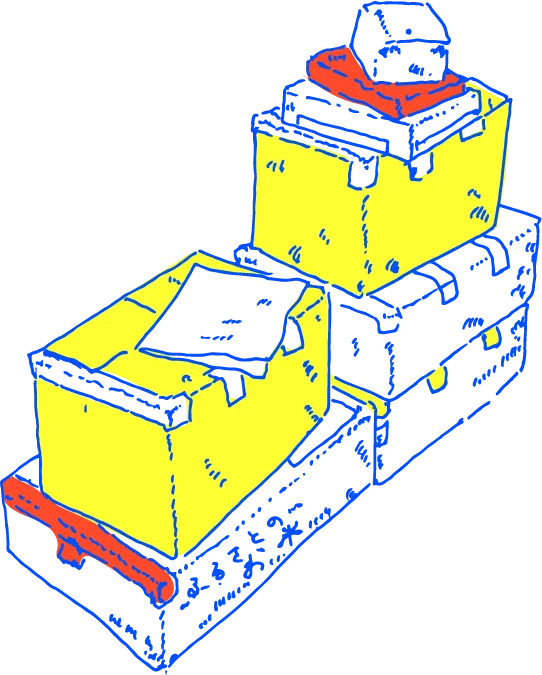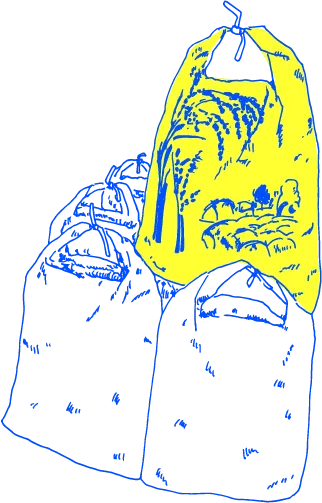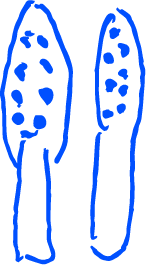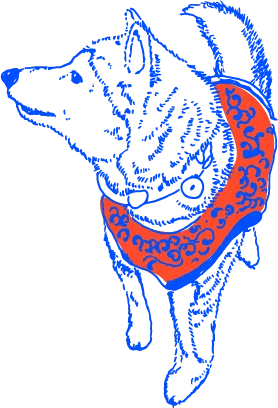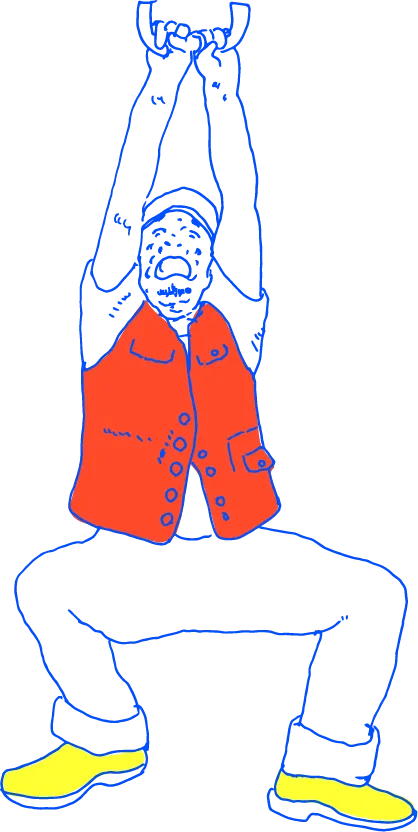
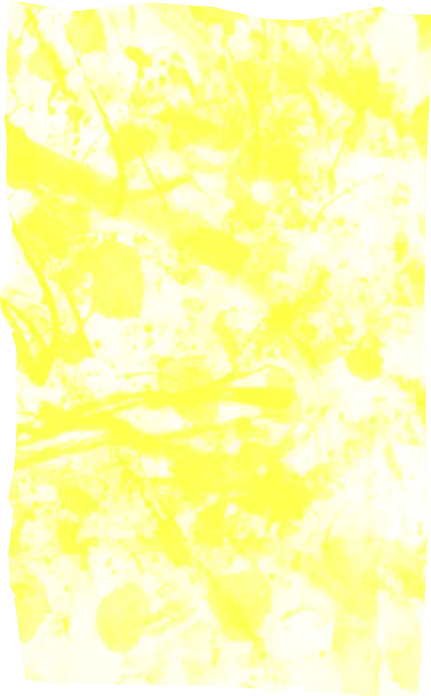
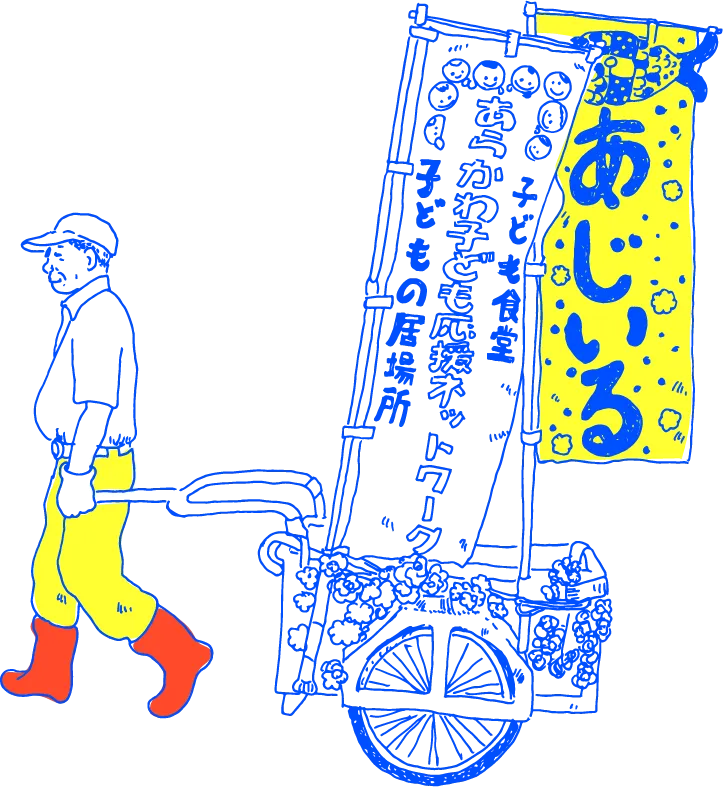


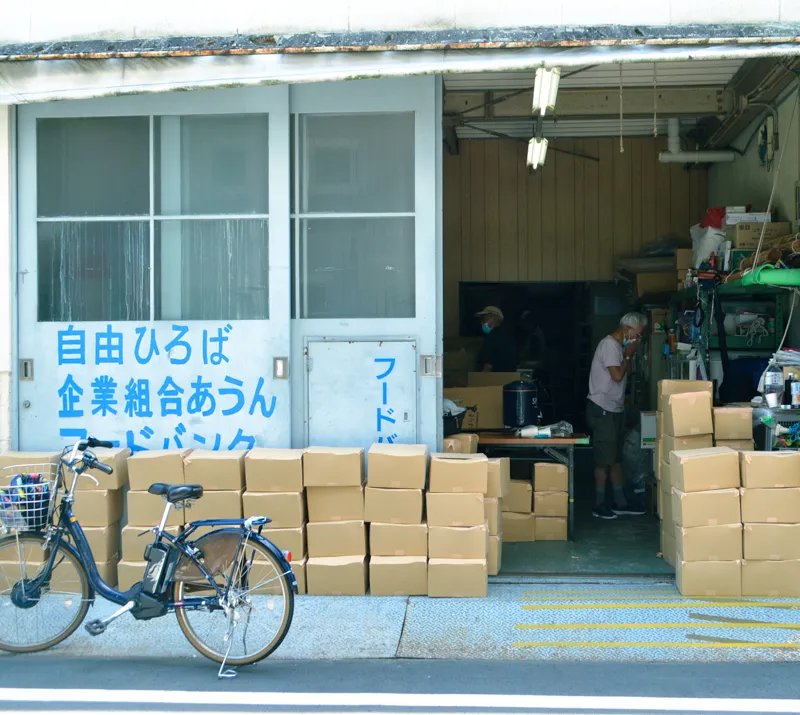
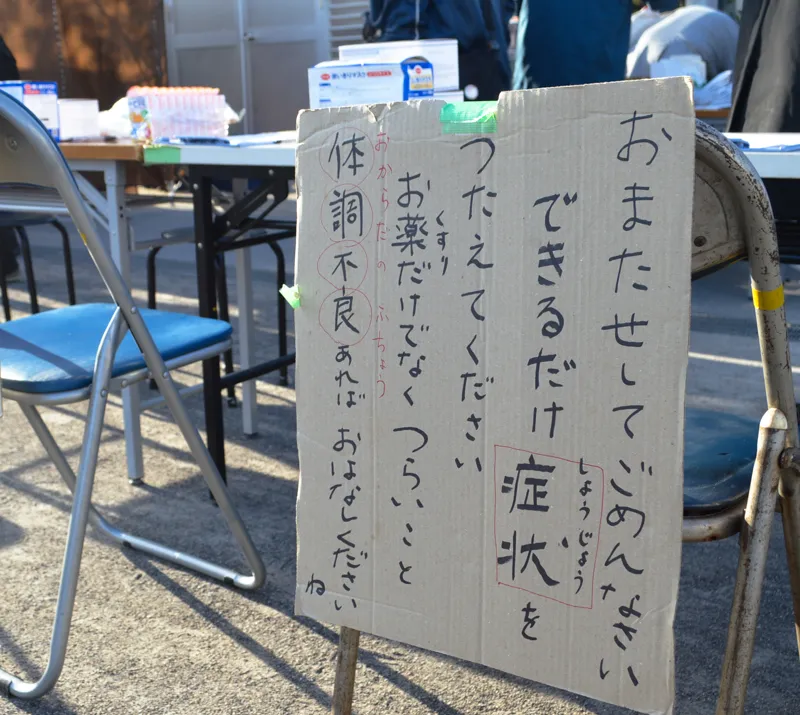
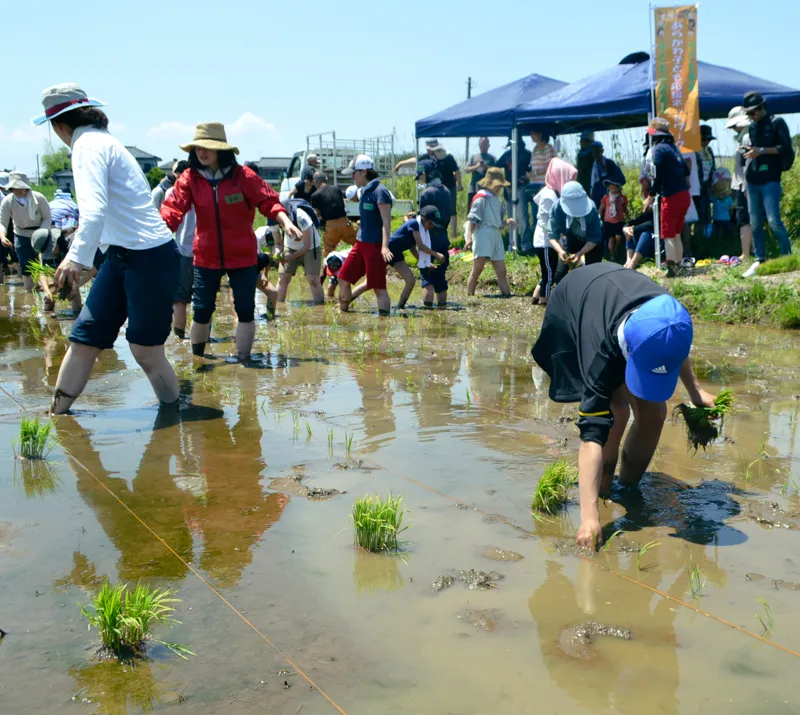
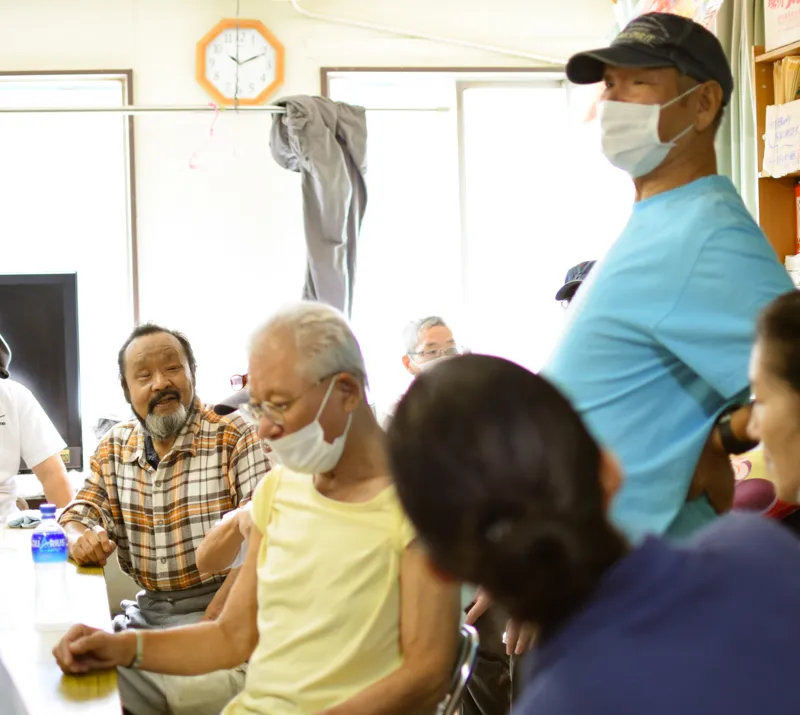
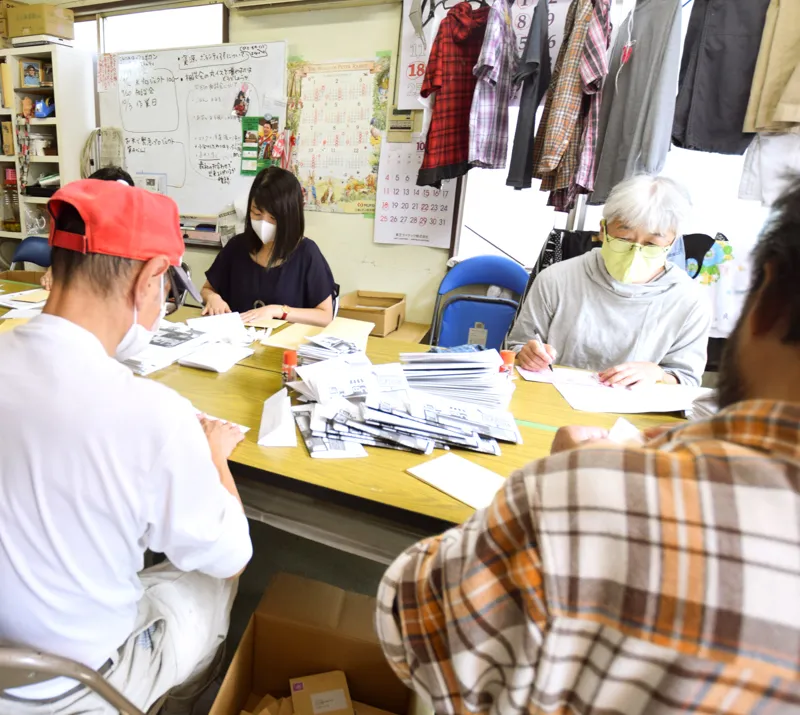





フランス語の“asile(アジール)”は「自由領域」「避難所」「無縁所」という意味。
様々な縁と切り離された人々が、ここで新しい縁を築き上げよう。
もう一度仲間と共に胸を張って生きる場を作っていこう。
そんな思いでつながった仲間たちと立ち上げた団体が、一般社団法人あじいるです。
The name of our organisation is Asile, a French word meaning ‘refuge’ or ‘sanctuary’. The organisation was set up with nakama* who had previously lost social connections through losing their jobs or homes. The organisation provides a structure for people to build new relations with others and to live with dignity.
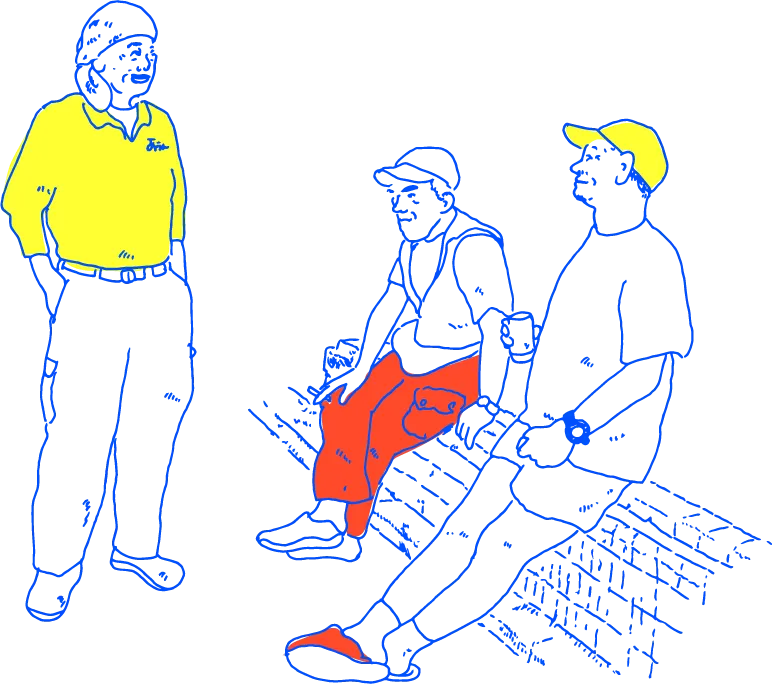


90年代のバブル崩壊の中、山谷は仕事が激減し、多くの仲間が路上にたたき出されます。路上に出た人々は、近隣の公園や河川敷にテントを作り住み始め、隅田川河川敷は約2000軒のブルーテントが立ち並びました。そんな中2000年に、食を支える「フードバンク」、2001年に医療を支える「隅田川医療相談会」、そして2002年に仕事おこしの「あうん」と小さな団体が次々と立ち上がりました。
20年近く経た今、生活保護を利用してドヤやアパートで暮らす人々が増えましたが、孤立化や高齢化、又非正規労働者の拡大の中で格差は広がり、貧困は社会の奥深くそして広く浸透しています。
2019年、フードバンクと隅田川医療相談会を統合して、非営利団体の「一般社団法人あじいる」として出発しました。
当事者を真ん中に、支援、被支援の関係ではない組織作り、他団体とのネットワークを強化して、貧困問題を社会的に発信していきます。仲間と共に、新しい挑戦を始めます。
When the Japanese economic bubble burst in the 1990s, the Sanya district of Tokyo – where many day laborers lived and found work – experienced a drastic decline in job opportunities and many people were forced to sleep on the street. Those who became homeless set up tents in parks and riverside areas in their neighborhoods. There were approximately 2,000 tents made from sheets of blue tarpaulin along the Sumida river in Tokyo. In response to this situation a foodbank was set up in 2000, followed in 2001 by Sumida-river Medical Association who provided medical support, and the Asian Workers Network (AWN) in 2002 creating employment with homeless people.
This was 20 years ago, and while many formerly homeless people are now living on benefits and renting rooms or in simple lodgings, they are getting older and becoming more isolated. In addition to this, inequality has grown in Japan due to the normalisation of casual employment and issues relating to poverty have deepened and become more widespread.
In 2019 the foodbank and Sumida-river Medical Association merged to form a non-profit organisation, Asile. At the heart of the organisation are the nakama and we all work together to create a structure in which everybody supports each other, rather than just supporting or being supported. We also work to build stronger networks with other organisations, and to share knowledge and information about the issues surrounding poverty with wider audiences.

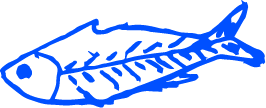
| 2000 |
フードバンク設立
|
|---|---|
| 2001 |
隅田川医療相談会
|
| 2013 |
共同作業日スタート |
| 2017 |
あしあとプロジェクトスタート
|
| 2019 |
一般社団法人あじいるスタート資源回収スタート
|
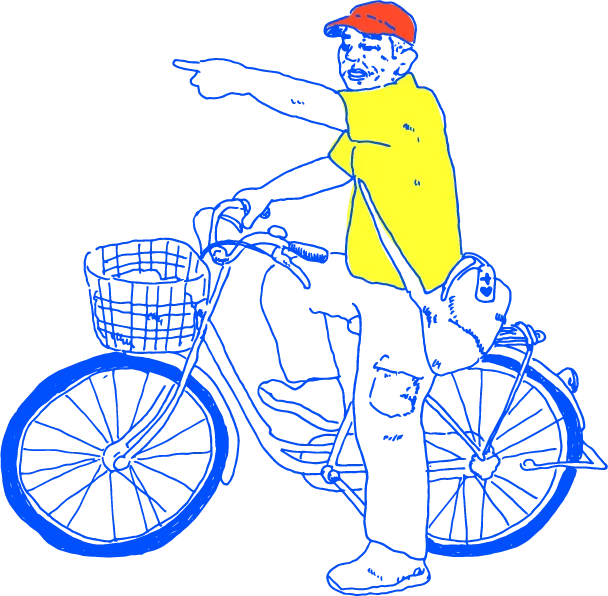
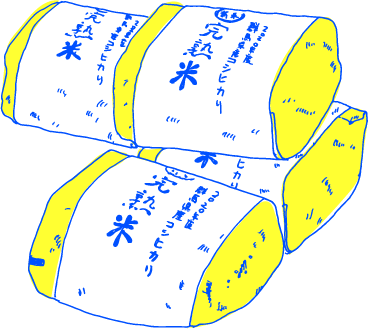
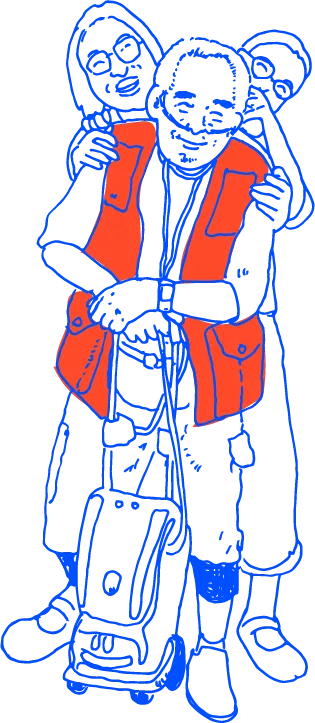

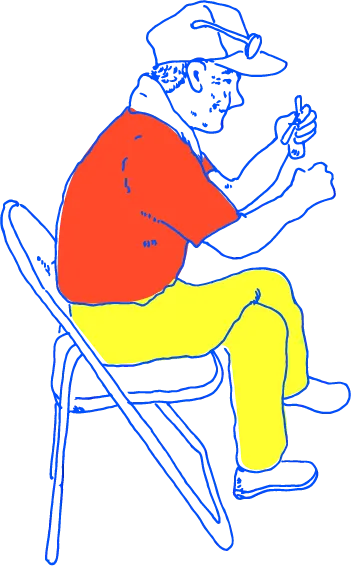



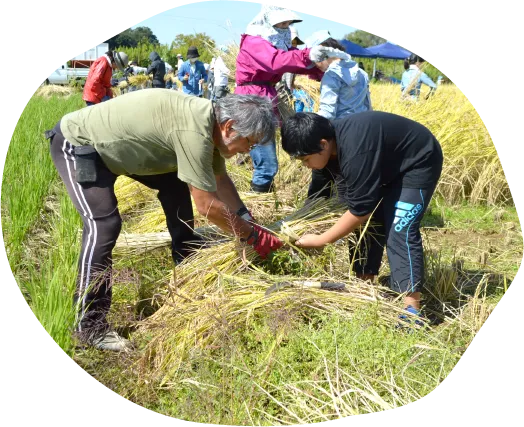

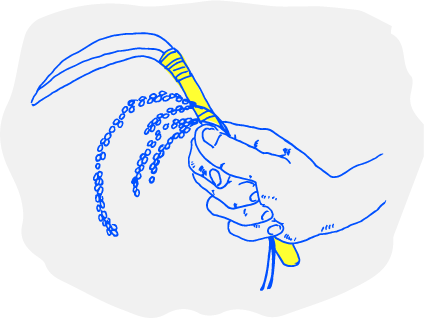
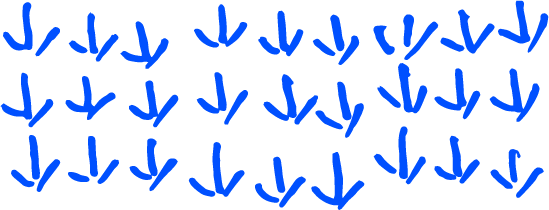
様々な背景を持つ人たちと一緒に、
自分たちの米を自分たちで作っています。
We produce our own rice working with people from different backgrounds.

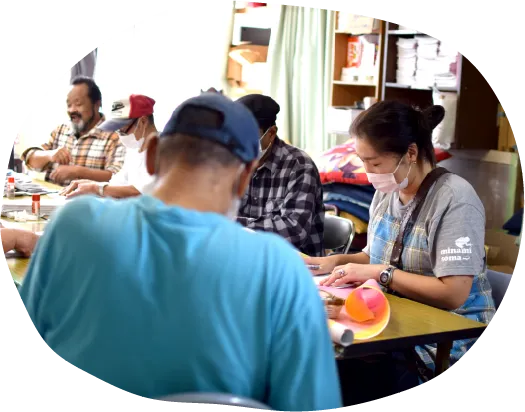

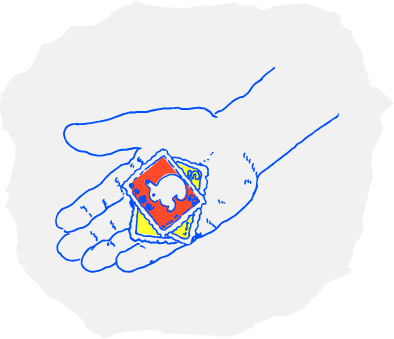
支援者・当事者という関係性を超えた仲間が、
様々な作業を一緒に行う日です。
We work to build more equal relationships with nakama through various group activities.

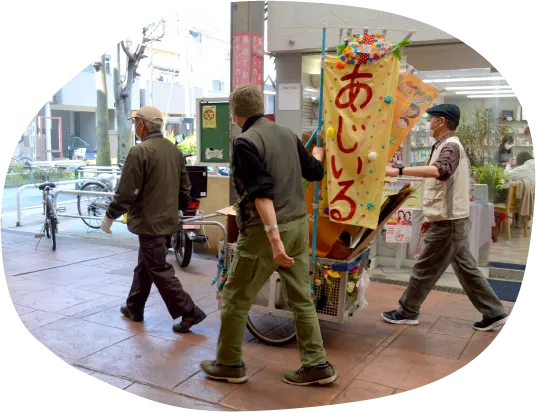

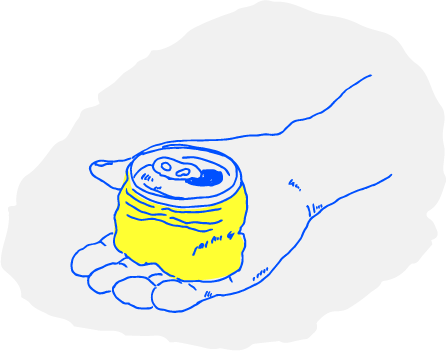
古紙・古着・空き缶などの資源を
回収・換金し、売上を地域社会に還元します。
With this initiative nakama collect reusable materials such as fabric, paper and metal from local residents and sell them, donating part of the profits to the local community.

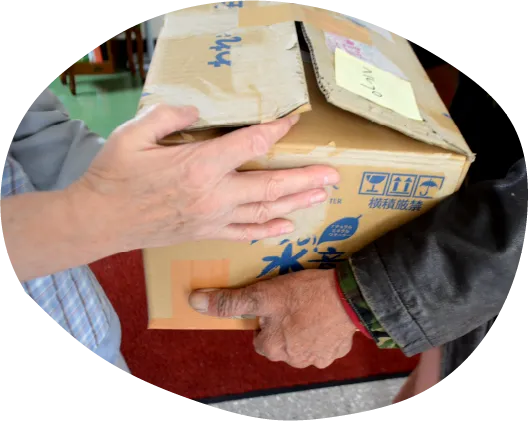

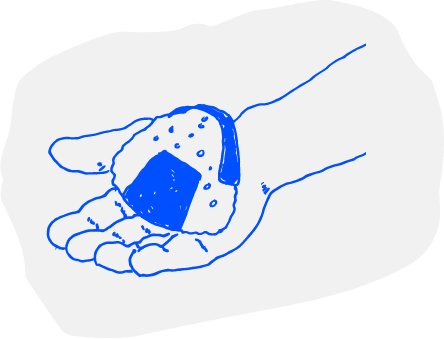
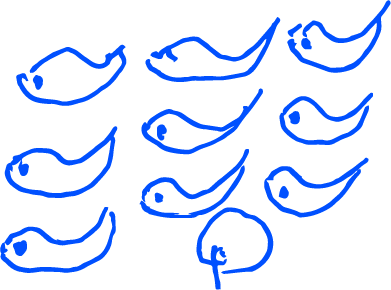
貧困や差別問題に取り組む団体に
集めた食材を提供し、生活困窮者を支えます。
We collect food donated from all across Japan and redistribute them to other organizations that are engaged with issues related to poverty and discrimination.

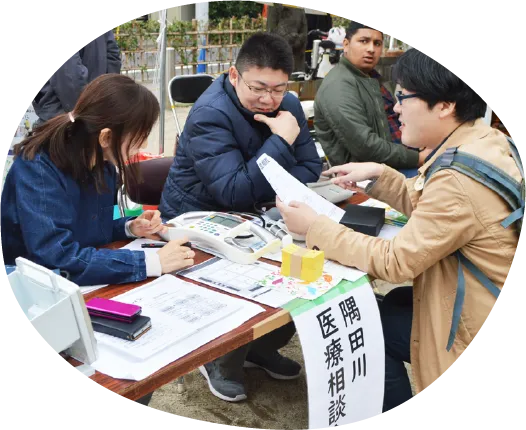

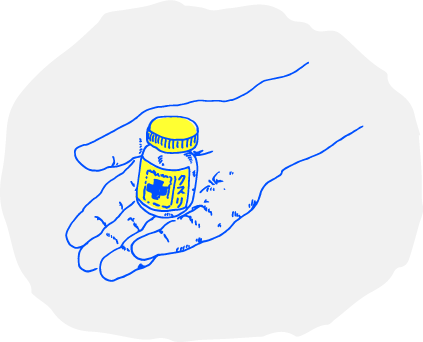
野宿者や生活困窮者の方に医療を
はじめとした暮らしのケアを提供しています。
We provide free medical consultation to homeless people or anybody with financial difficulties.

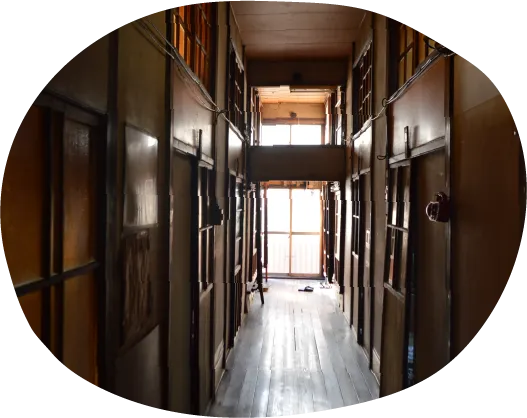

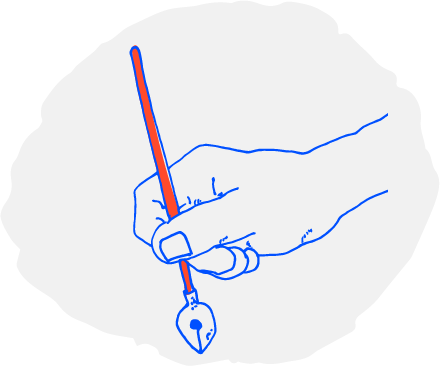
様々な事情を抱えた人々の人生を聞き取り、
記録し、伝える冊子をつくります。
We interview nakama to collect their personal histories, and publish the interviews in our own printed booklets.



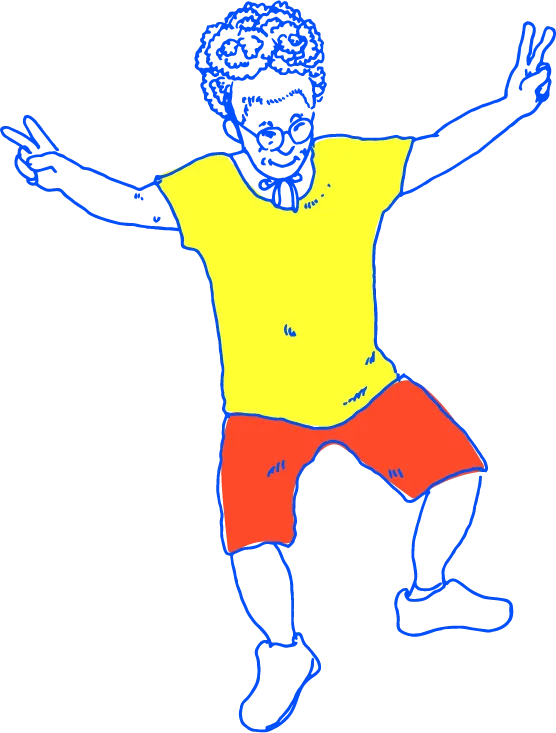

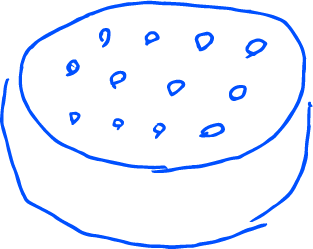
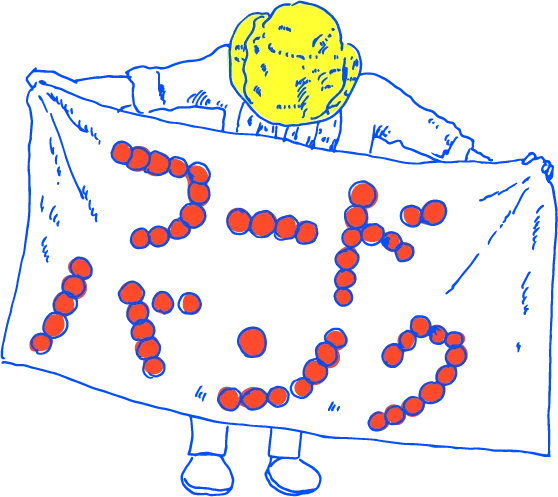


あじいるの活動は皆様のご寄付により支えられております。
Donate items All our projects are made possible by your donations.
寝袋、毛布、カイロ、新品の日用品(靴下、男性用下着、タオル、カミソリ、石けん)、湿布薬、小型ラジオ、テレフォンカード、未使用切手、ハガキ。
賞味期限が2ヵ月以上残っているもの。
レトルト食品、缶詰、調味料、乾麺、非常用食品など、日持ちするもの。
We accept
We accept
Sleeping bag, blanket, Kairo ( disposable hand warmer ), unused toiletries ( socks, underwear, towel, shaving razor, toothbrush, soap) , phonecard ( for getting in touch with people without a mobile phone) , unused stamps, poultice, portable radio
医療相談、夜回り、登録団体への食料の配送作業、イベントへの出店など。社会人だけでなく、学生などどなたでも参加いただけます。
初めて参加される場合には、事前にご連絡ください。
Our regular activities such as monthly medical consultation days, street outreach and activity days (in which we redistribute donated foods to other organizations) are all run solely by volunteers. You are welcome to join us regardless of your skills or age. Please stay in touch with us beforehand if you are participating for the first time.
お問い合わせEmailお米や食品を備蓄する低温冷蔵庫の維持費、食品や物資運搬用の車輌費・燃料費、医薬品や備品に必要な経費、共同炊事の経費、医療機関や福祉事務所への交通費、出版物の印刷費、事務所の維持費などに使わせていただきます
Your donation will enable us to
こちらのサイトであじいるに寄付をしていただけます。
寄付決済サービス Syncableリンク先のページの中の「寄付する」ボタンを押してクレジットカードでお支払いください。
一度だけの寄付のほか、毎月継続して寄付をしていただくことも可能です。
You can make either a single or a regular donation.
(this page is only available in JAPANESE)
You can pay funds directly into our following bank account.

